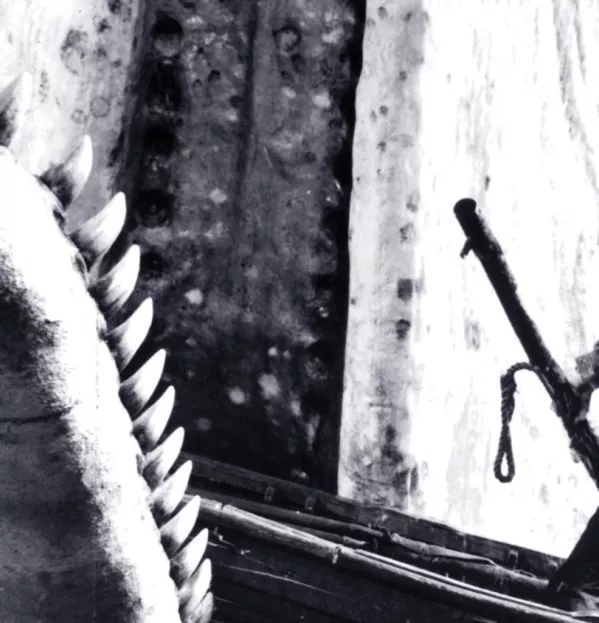
A survival guide for new HODs

More than a year has now passed by since I became a head of faculty. Before that, I was the second-in-command, so I had a rough idea of what needed to be done to move our maths teaching forward and improve results. So I was pretty confident before I started in June 2015.
In June last year, I started in my new role: head of faculty; mathematics, to be precise.
Almost immediately, what seemed like a torrent of questions and emails came crashing my way: timetabling questions, queries about which exam board we’d be choosing for the new GCSE, questions about whether maths wanted to be part of an assessment without levels trial.
Fine, I thought. Tough start, but I can do this.
The summer holidays came. I waited for our GCSE results. They arrived.
They were not good. Not good at all.
If, before the holidays, the amount of emails and questions from the team seemed like a torrent, now it was a tsunami. I have never experienced so many things to do - and everyone seemed to think I had an answer.
‘A collective vision doesn’t mean that everyone has to do the same thing’
As it happened, around 60 per cent of the time I did have an answer, but that other 40 per cent left me feeling hopeless: I felt like I had made a mistake taking the job on.
How was I expected to know so many answers to so many diverse questions?
I went home after the second day back in September and said to my wife, “I can’t do this. There isn’t enough time in the world for me to do it all…” But I persevered. And I realised quickly - with a lot of help and guidance from an amazingly strong, diverse, willing and able team - that no one expected me to do it all. It is because of this realisation that I am now able to reflect on my first year without sitting in a corner, quivering.
Here are some more lessons that I learned, which helped to ensure that I didn’t just cope and that my department thrived in those first 12 months:
It’s not all about you
My team may not have all the answers either, but surely the best way to come to a consensus is to ask the team’s opinions. I did this a lot in the first year. I found that faculty meetings were an ideal forum for this listening and collaboration. It took a while to foster the openness and honesty that I was trying to achieve. The previous head of faculty had been doing the job for many years and had a clear policy of “This is what we’re going to do”. So, at first, certain older, more established individuals within the team were reticent about their opinions. Why should they express their views? Why would I listen, or even care about what they had to say? Well, actually, I didn’t just care - I needed their input. The collective wealth of experience is everything.
Admit when you’re wrong
Now, you might be thinking that this is all well and good in some kind of utopian faculty where everyone has their own say, but who is actually in charge?
Of course, I had to listen and make decisions, and on more than one occasion I made the wrong one. But when you are open and honest about what you’re trying to achieve collectively, then saying, “You know what, I did say we were going to do x, but on reflection and listening to colleagues, I have changed my mind. We are going to do Y,” is no bad thing.
Reflect and analyse
Hindsight is a wonderful thing. I spent considerable time reflecting upon “What went well?” and “Even better if…”. You have to be honest and get feedback from multiple angles.
Give people their autonomy
A collective vision doesn’t mean that everyone has to do the same thing - that was a big lesson. It’s like I have a painting in my mind and everyone is being asked to contribute to the painting. Some are working hard on their own sections, painting something that they want to do, but it still fits into my bigger picture. Some are painting the areas that I am asking them to paint and asking what colour or how thick the paint should be. I desperately want all my team to know what their role is in creating this masterpiece. It will take time and it will mean answering many questions, but if I provide a clear vision and the freedom to “paint”, maybe there will be fewer questions next year.
I am incredibly proud of what we did together last year, but this year there will be more hurdles for us to jump, more questions will be coming our way, and there will be more potential for me to become a quivering wreck in the corner.
The only way to get through without that happening - I now know - is to remember the words of Vanilla Ice: “Stop, collaborate and listen.” Who knew he was going to be the font of leadership knowledge?
Graham Walton is head of maths at Tupton Hall School, Chesterfield. He tweets @mr_g_walton
You need a Tes subscription to read this article
Subscribe now to read this article and get other subscriber-only content:
- Unlimited access to all Tes magazine content
- Exclusive subscriber-only stories
- Award-winning email newsletters
- Unlimited access to all Tes magazine content
- Exclusive subscriber-only stories
- Award-winning email newsletters
You need a subscription to read this article
Subscribe now to read this article and get other subscriber-only content, including:
- Unlimited access to all Tes magazine content
- Exclusive subscriber-only stories
- Award-winning email newsletters
- Unlimited access to all Tes magazine content
- Exclusive subscriber-only stories
- Award-winning email newsletters